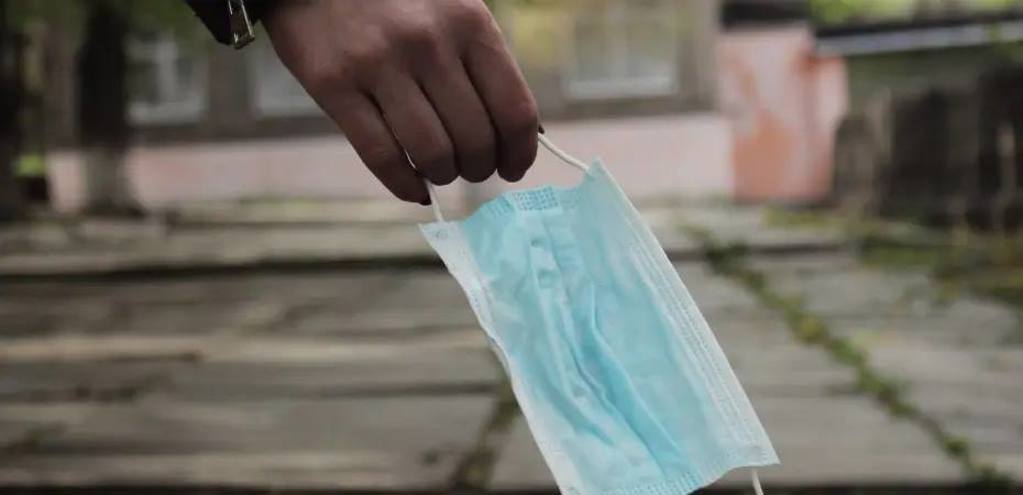For the first time in three years, Brock students have fully returned to campus for their classes and activities.
After many semesters of online and blended work, students finally find themselves back on site, many for the first time in their university career.
The COVID-19 pandemic has taken away opportunities from students who would have normally been able to enjoy an in-person university experience for the last three years. This is the first time that many students get to meet their peers face-to-face and explore the campus, including those who have already spent several years studying at Brock.
Despite certain measures staying in place, such as masks being mandatory in all instructional spaces, on-campus operations have nearly returned to pre-pandemic levels, with very few classes continuing to take an online approach.
Vaccination requirements have been lifted for Brock students as of Jul. 4, so students are able to attend in-person classes whether or not they have been vaccinated against COVID-19, with certain exceptions required in specific research settings. Brock has also improved ventilation systems within classrooms to improve air quality.
Brock has also strongly encouraged students to remain masked anytime they are on campus. The University is providing medical masks to all staff and faculty who request them.
As students return to lecture halls and in-person seminars, the use of Brock residences have also returned in full, which is beneficial considering one of the largest classes in the university’s history has moved in for the 2022/23 school year.
The return to campus for Brock students, staff, and faculty represents a major step forward in the ongoing battle against the coronavirus. Returning to school, even with protective measures in place, demonstrates that the University is committed to providing students with an authentic university experience; something the virus has withheld from many up until this point.

